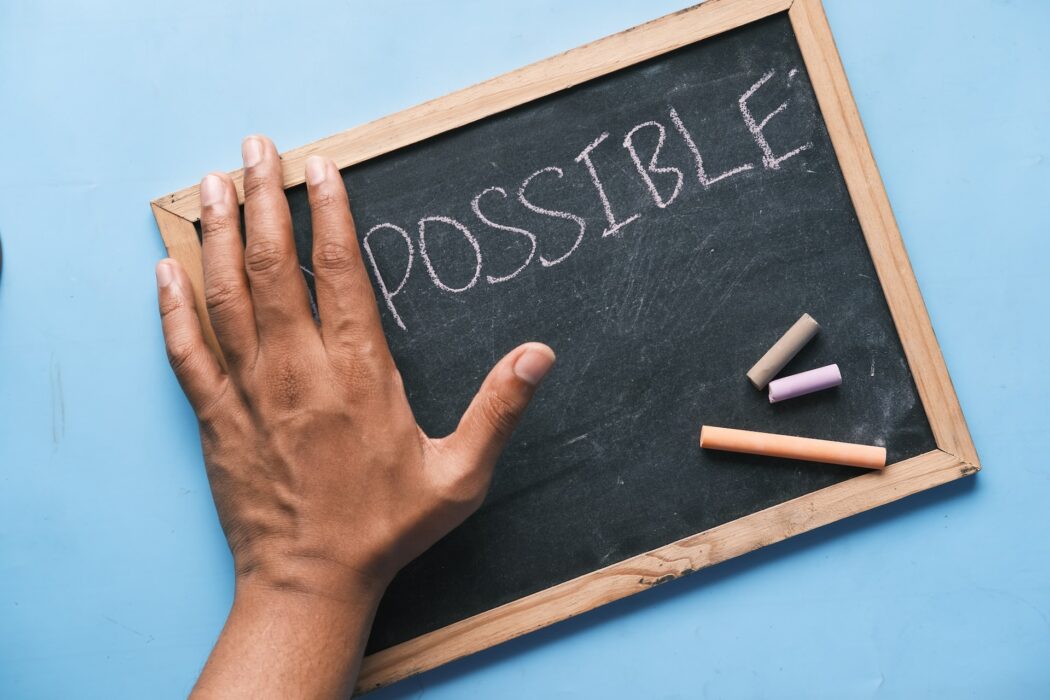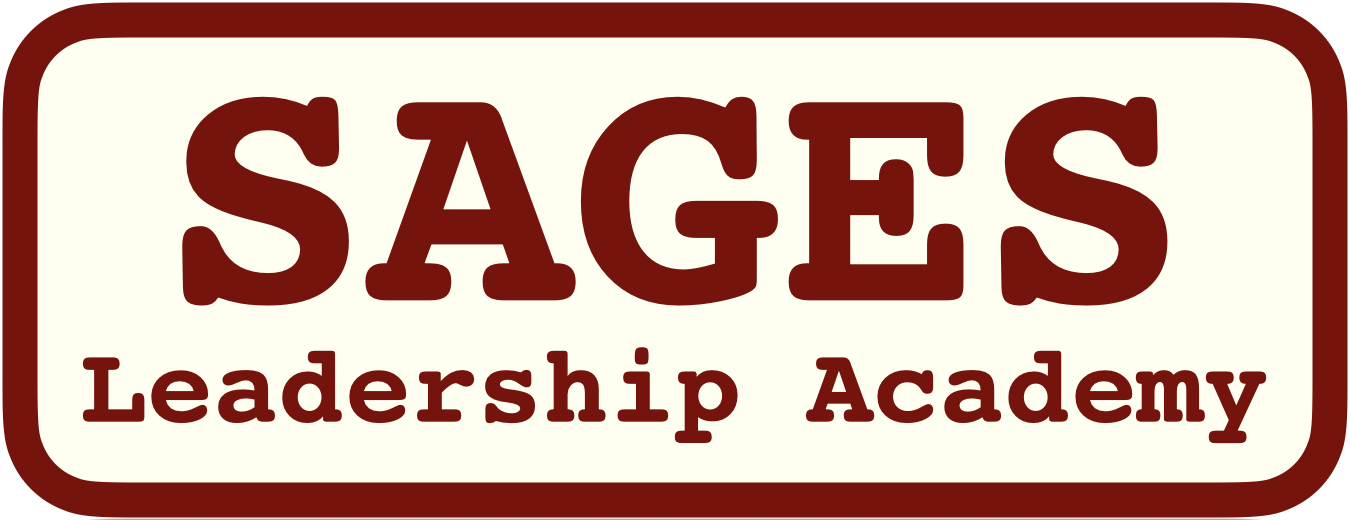Confirmation Bias

Confirmation Bias is a cognitive bias that affects the way we make decisions.
Now what is a cognitive bias?
Cognitive bias is a systematic error in making judgments and thinking that occurs when people are processing and interpreting information in the world around them that affects the decisions that they make. Cognitive biases are often a result of your brain’s attempt to simplify information processing
We would like to believe we are objective and rational, and generally make good decisions in our lives. Unfortunately, this is not always true, we are all prone to using heuristics and having cognitive biases which lead us to make irrational and incorrect decisions.
In this article we look at one bias The Confirmation Bias. Let’s find out what it is and how it affects us.
Confirmation Bias
A 1979 study by Stanford researchers on people who reported feeling strongly for capital punishment ( sample included- half for and half against it) found that after being confronted with mixed evidence in support and against capital punishment, subjects reported feeling more committed to their original stance on the issue. The net effect of having their position challenged was a re-entrenchment of their existing beliefs.
Evidence and information of the belief you hold is what you pay attention to
Confirmation bias refers to the tendency to seek out, interpret and remember information that supports or confirms something you already believe. Based on the definition we see confirmation bias covers – Biased search for information, biased interpretation of facts, and biased memory recall (cherry-picking the information that favors our opinions).
This bias is amplified in social media, with its use of algorithm editing. It shows individuals only that information which they agree with. We can argue that this has increased attitude polarization, some people, even view these filter bubbles, as threats to democracy. But we mustn’t forget this has been happening since time immemorial. Even scientists have shown resistance in accepting new discoveries. Consider Galileo who became unpopular with his colleagues for attacking Aristotle’s notions on motion and adopting Archimedes. Although acknowledged by the scientific community at large, his contract at the University of Pisa was not renewed because of this vocal opposition.
Situations
Confirmation bias is prevalent in all aspects of our lives.
Making decisions on which politician to support: We may select a candidate to vote for, and then keep looking and finding information that supports that candidate. When confronted with negative information we will reduce the importance, or completely ignore that information.
Financial decisions: buying a new car, or even a shirt we can be confronted and comforted by this bias. Say we selected a car to buy, and believe it is ideal, the space, color, and budget suited us well when we bought it. Then we met a friend who also bought a car, which is bigger of a different color, and at the same price as ours but is second-hand. He is expounding on and on about how great his car is. In this event it is likely we will look for positive information about our own car and negative facts about theirs to confirm the “good” decision made by us.
Belief systems: Our belief systems can fall prey to the same effect. If we believe something is good we will continue to believe it even in the face of strong criticisms against it. A lot of people who believe in pseudoscience continue doing so in the face of strong evidence against it. The evidence in fact leads them to look for ways to disprove the opposing opinions and in turn strengthen their own.
Overcoming the Bias
Confirmation bias is most likely to occur when we are gathering the information needed to make decisions. It is also subconscious; often we are probably unaware of its influence on our decision-making. So, the first step to avoiding confirmation bias is being aware of it. We can do this by monitoring our emotions, if we are getting too defensive or find ourselves, preferring to hear from certain people about particular facts, it is a sure sign of confirmation bias.
Confirmation bias is most likely to occur early in the decision-making process. To mitigate the effect we can try and make this first step neutral. One way to do this is to have one (or maybe multiple) third parties who gather facts objectively.
We have taken a look at how “Confirmation Bias” affects out thoughts and opinions. But, there are many more biases that can overwhelm our rational thought processes. So read on to other biases to make more intentional and informed choices.

